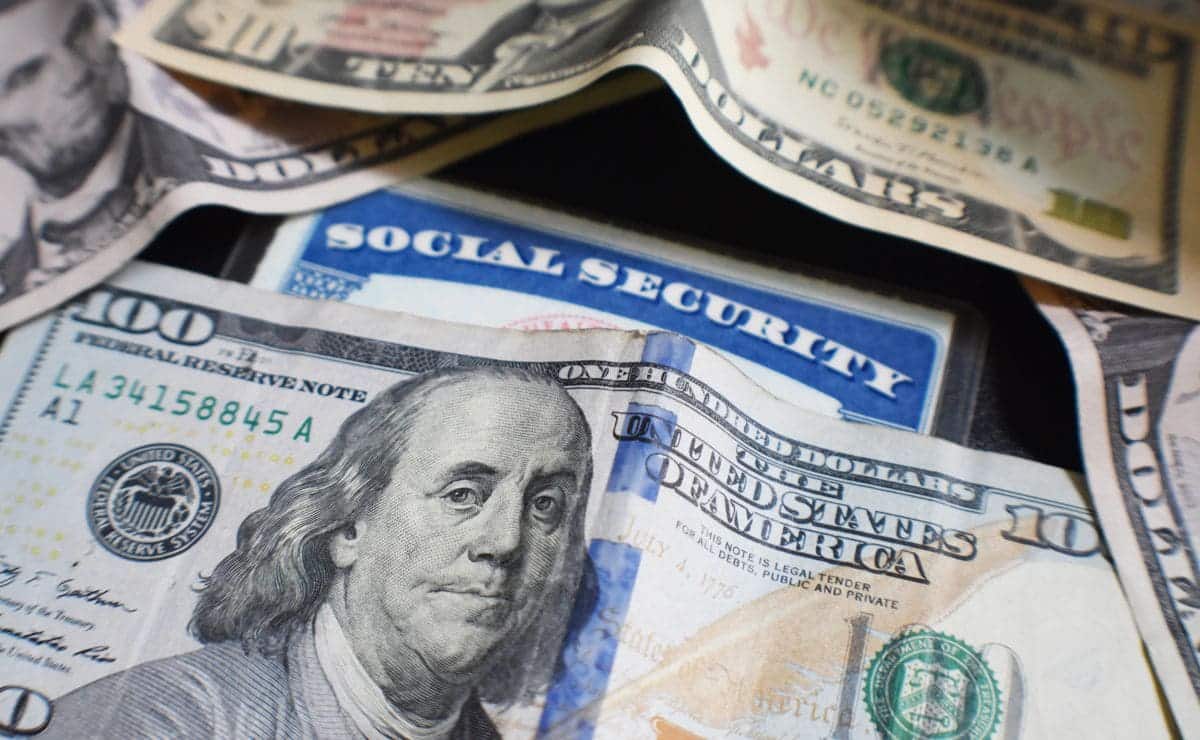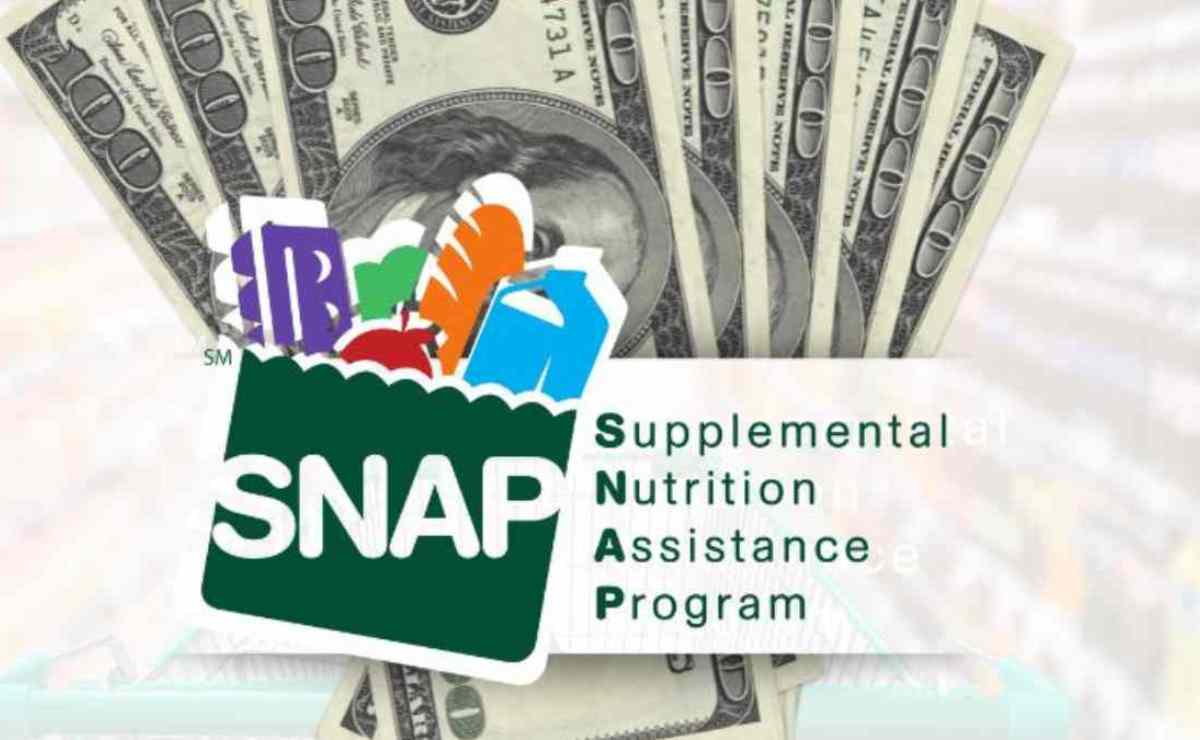When the Social Security Administration sends Supplemental Security Income payments to people in the United States, they can receive it immediately by activating a particular collection method. However, not all citizens are eligible to receive these checks, as there are a number of requirements that must be met in order to receive them.
The schedule of Supplemental Security Income payments always follows the same pattern, with minor exceptions. In the month of May there are no irregularities in this regard, so the Social Security Administration will send out checks for this benefit without any delay.
Only beneficiaries who have access to this benefit before will be able to receive this new check for the month of May. All other beneficiaries who do not have Supplemental Security Income as a Social Security benefit will have to wait for the next payment in May.
On what day will the Social Security Administration send the new Supplemental Security Income?
The day the Social Security Administration will send out the new Supplemental Security Income check is May 1st. On this day, Supplemental Security Income recipients could receive a check immediately by activating a particular collection method.
This check of up to $914 could reach Americans’ pockets in just a few days. So if you have the Supplemental Security Income benefit accepted, you can start thinking about what you will need to make up, since you are only a few days away from them.
How can I receive this check quickly?
In order to receive Supplemental Security Income, as well as any other type of Social Security benefit, as quickly as possible, you must activate Direct Deposit.
Through this collection method, any check sent by the Social Security Administration will reach your pocket immediately and you will not have to wait a single day to use the money for whatever you need.
If we do not activate Direct Deposit, it may take up to 3 days for the money to reach us, so it will not be available to us automatically. Remember that the Supplemental Security Income is not for all citizens, but for those who meet the requirements of having a low income plus a disability or being over 65 years old.




